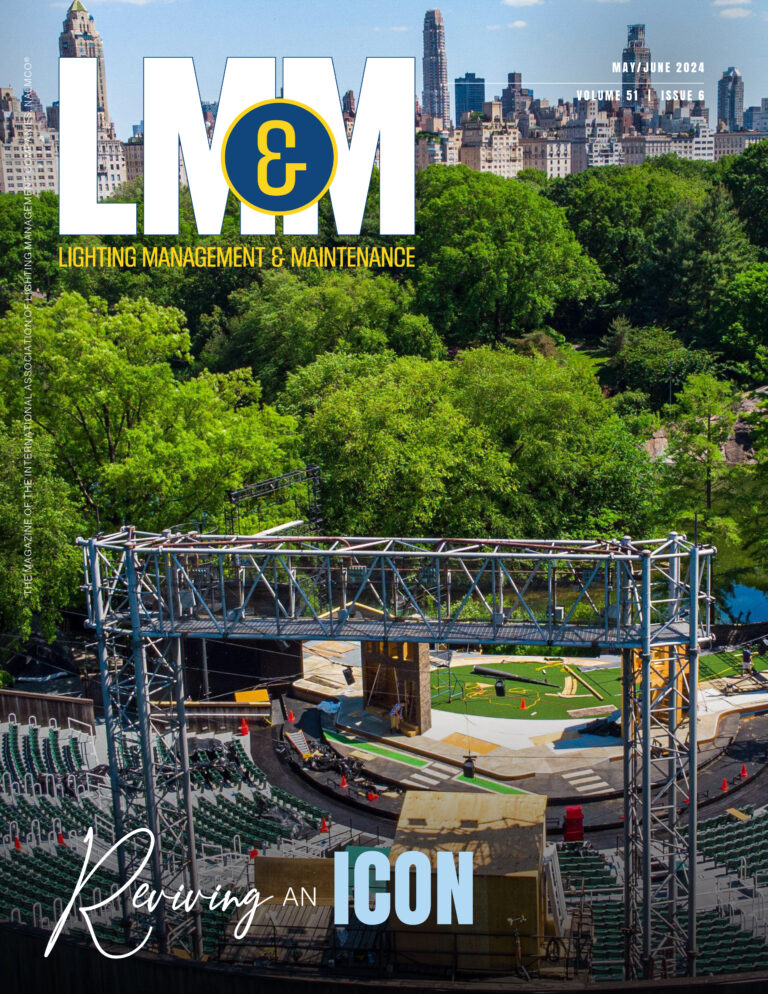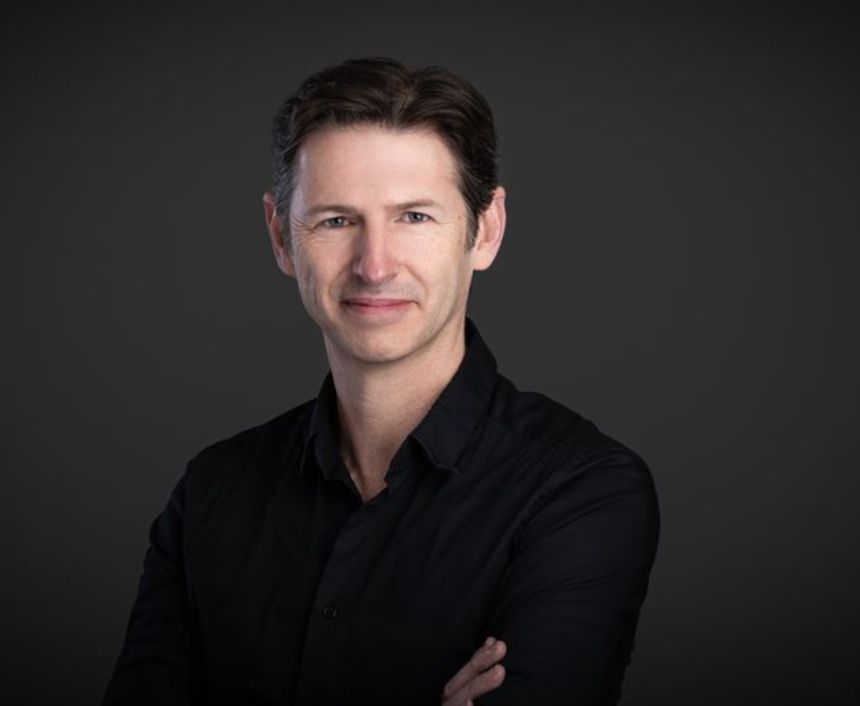Sleep Cycle’s Head of Sleep Science Michael Gradisar, Ph.D., Co-Authors New Research Debunking Myth that Blue Light Before Bed Disrupts Sleep
GOTHENBURG, Sweden – June 10, 2024 – Sleep Cycle, a global leader in AI-driven sleep analysis, announces groundbreaking research challenging the belief that blue light from screens significantly disrupts sleep, co-authored by its Head of Sleep Science, Michael Gradisar, Ph.D.
“If we take a step back and look at everything that can negatively affect your sleep, we see that the effect of screens has been greatly exaggerated,” said Gradisar.
The study, which appears in the latest issue of Sleep Medicine Reviews and is titled “A bidirectional model of sleep and technology use: A theoretical review of How much, for whom, and which mechanisms,” presents a comprehensive review of the relationship between technology use and sleep. The research, conducted by a team of international experts including Dr. Gradisar, reveals that the effects of blue light from screens on sleep are minimal and often overstated.
Key Findings:
- Light Intensity Matters: The study found that the light emitted from screens is not intense enough to disrupt sleep. In experiments, even the brightest screens did not exceed 80 lux, far below the 500 lux level typically used to change sleep timing (e.g., jet lag, shift work, circadian rhythm disorders).
- 9.9 Minute Delay: Analysis of 11 global studies showed that the maximum delay in sleep onset caused by screen use was only 9.9 minutes, a difference considered negligible.
- Impact of Content: Contrary to popular belief, engaging with various types of content, including video games and TV shows, had little to no effect on sleep quality as long as individuals maintained regular bedtimes.
Gradisar stated, “Screen time before bed is often blamed for sleep problems, but our findings show they are not the main contributors. Most sleep problems can be attributed to people having irregular and inconsistent sleep habits. It’s also essential to get an adequate amount of natural light during the day and establish a consistent bedtime routine.”
The research team proposed new mechanisms to explain why some individuals might use technology before bed, such as using screens as a tool for emotional regulation and as a time filler.
The goal of the research is to provide insights and a foundation for future research to explore how technology can be integrated into bedtime routines in a way that supports, rather than hinders, healthy sleep.
“Having Michael Gradisar, both as an active researcher and as an internal sleep expert, ensures that what we build is backed by science. Michael’s latest research findings challenge the previously held notion that screen time before bed prohibits healthy sleep. This is a major insight that we are excited to share with our one million daily users and can contribute to better sleep health worldwide,” said Erik Jivmark, CEO of Sleep Cycle.




